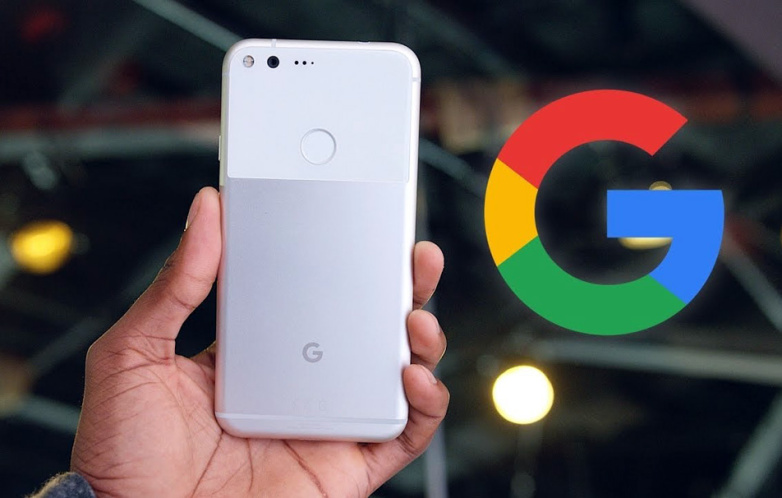After a long spell of speculations and rumors, Google’s acquisition of HTC is finally official. However, the deal is not quite on lines of what was being expected. So far, the rumor mill was rife with speculations of an outright acquisition. Unlike its acquisition of Motorola, Google isn’t buying HTC lock, stock, and barrel. The internet giant has, so far, only entered into an agreement with the Taiwanese electronics maker, as of which a part of HTC’s workforce will move over to Google, besides a non-exclusive license for the former’s intellectual property. The electronics company will, in turn, receive a cash influx of $1.1 billion.
As part of the current deal, HTC will continue to function as an independent entity and manufacture its own smartphones. None of HTC’s manufacturing units have been included in the transfer deal. This could be attributed to the fact such manufacturing plants turn out to be quite a liability instead of an asset in the realm of the smartphone business.
Announcing the partnership with HTC, Google’s senior vice-president of hardware, Rick Osterloh, published a blog post stating, “With this agreement, a team of HTC talent will join Google as part of the hardware organization. These future fellow Googlers are amazing folks we’ve already been working with closely on the Pixel smartphone line, and we’re excited to see what we can do together as one team.”
It looks like Google has brought on board HTC’s Pixel team, which are said to be the ‘secret’ manufacturers heavily influencing the design and functionality of Google’s smartphones. The company’ Pixel and Pixel XL released in 2016 were manufactured by HTC, whereas for the upcoming Pixels phone, the manufacturing process has been split between HTC and LG. Hopefully, the addition of this team to Google’s workforce will allow the internet giant to radically revolutionize its line-up of smartphones, making them a cut above the competition.
The $1.1 billion cash infusion would be nothing short of a fresh lease of life for HTC, allowing it the opportunity to stay relevant in the smartphone as well as VR markets. In a press statement regarding the acquisition, HTC said the deal would help it secure “a more streamlined product portfolio, greater operational efficiency, and financial flexibility.” It also promised that it’ll be around, producing “best-in-class flagship phones”. While the big bucks coming from Google will help alleviate HTC’s woes for now, it is far from a permanent solution. The only way HTC can hope for Google’s cash to bail it out is by using it to overhaul its smartphone technology, with an eye on undoing its plummeting sales.


